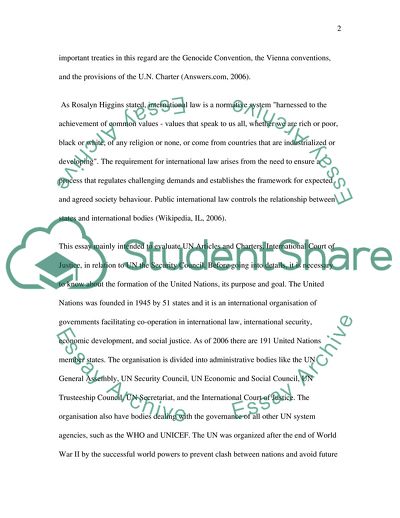Cite this document
(Public International Law Article Example | Topics and Well Written Essays - 2000 words, n.d.)
Public International Law Article Example | Topics and Well Written Essays - 2000 words. https://studentshare.org/law/1704122-public-international-law
Public International Law Article Example | Topics and Well Written Essays - 2000 words. https://studentshare.org/law/1704122-public-international-law
(Public International Law Article Example | Topics and Well Written Essays - 2000 Words)
Public International Law Article Example | Topics and Well Written Essays - 2000 Words. https://studentshare.org/law/1704122-public-international-law.
Public International Law Article Example | Topics and Well Written Essays - 2000 Words. https://studentshare.org/law/1704122-public-international-law.
“Public International Law Article Example | Topics and Well Written Essays - 2000 Words”. https://studentshare.org/law/1704122-public-international-law.


